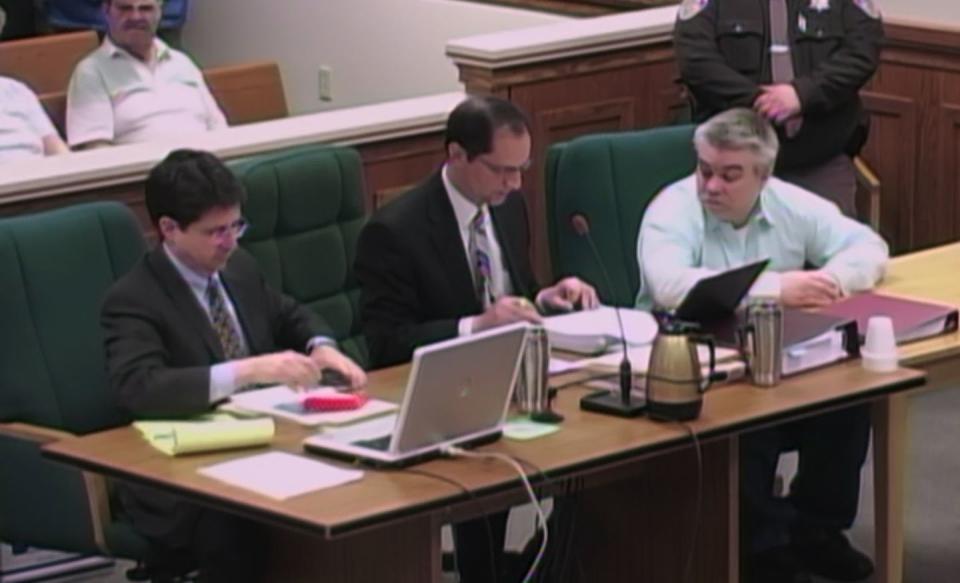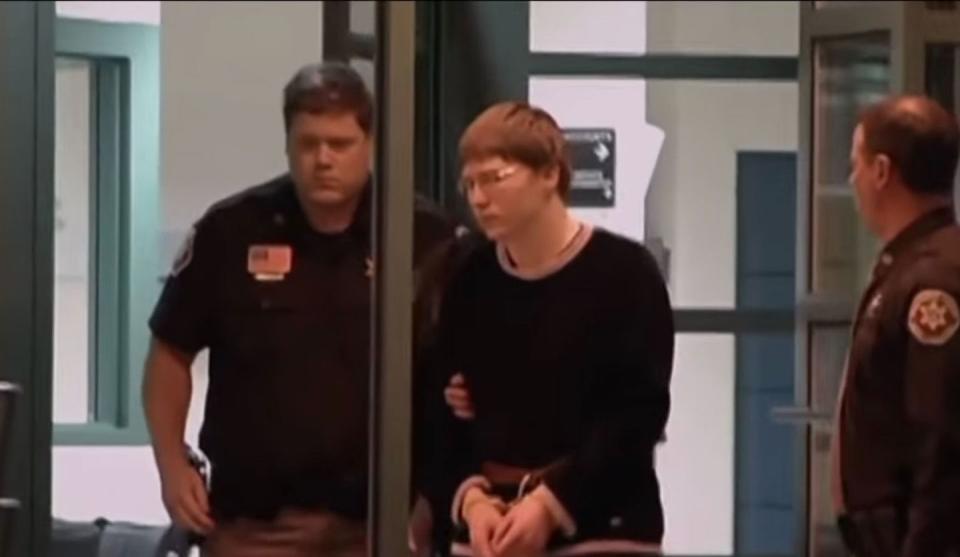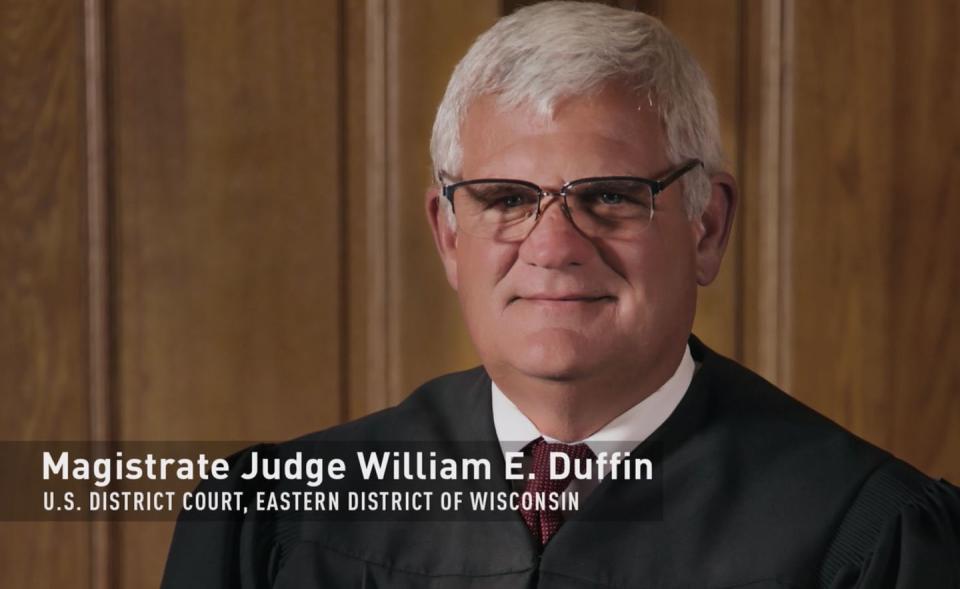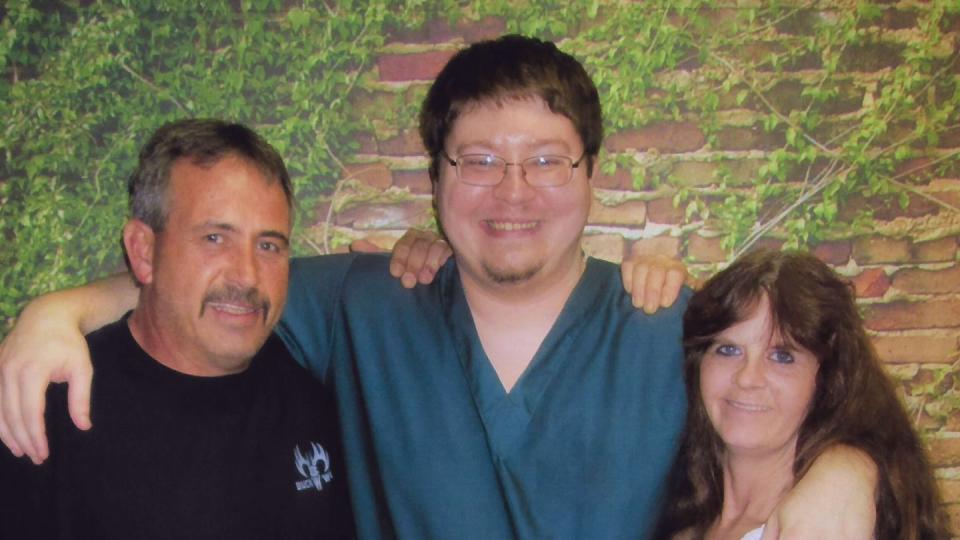Making a Murderer lawyers "angry and discouraged" about Brendan Dassey's appeals outcome

The original Making a Murderer lawyers, Dean Strang and Jerry Buting, have discussed their reaction to Brendan Dassey's appeal process exclusively with Digital Spy.
The pair represented Steven Avery during his 2007 trial, which played out in the first 10 episodes of the Netflix documentary. Avery was subsequently convicted of the murder of Teresa Halbach, although he has always maintained that he is innocent of the crime.

Related: Making a Murderer's Dean Strang and Jerry Buting respond to one big question raised in the series
The back story
Avery's nephew Brendan was also found guilty of being party to first-degree homicide, sexual assault, and mutilation of a corpse during his own trial, after implicating himself during police interviews and offering a confession (although many have argued that his admissions displayed signs of coercion). At the age of 19, Brendan was sentenced to life imprisonment with possibility of parole in 2048.
It's no secret that both Making a Murderer subjects have been fighting to have their convictions overturned, with the legalities playing out in the headlines ever since the true-crime series first dropped on Netflix. The efforts of both Avery's post-conviction attorney Kathleen Zellner and Dassey's legal team (Laura Nirider and Steven Drizin from the Center on Wrongful Convictions of Youth) also featured heavily in the second season's episodes.

The appeals
During an exclusive interview with Digital Spy, Strang and Buting have discussed what they argue to be judicial failings in Brendan Dassey's appeal process – which, for those that might need a refresher, has seen much to-ing and fro-ing.
In August of 2016, about a year and a half after Making a Murderer's debut season was released, federal magistrate William Duffin granted Dassey's petition for writ of habeas corpus (the action which allows an individual to claim that their detention or imprisonment is unlawful).

Brendan Dassey's confession was deemed to be involuntary by Duffin, and Wisconsin prosecutors were given 90 days to decide whether to retry him or release him.
As we saw first-hand during Making a Murderer season two, Wisconsin state prosecutors filed emergency documents to block Dassey's release and he was later ordered to stay in prison pending the outcome of an appeal.

In June 2017 a US federal court also ruled that Dassey's conviction should be overturned. Having spent more than a decade behind bars by this point, a three-judge panel in Chicago ordered, in a two-to-one decision, that his confession in the 2005 murder of Halbach was coerced and that he should therefore be released immediately.
But in December 2017, after the prosecution appealed the June decision, the federal court ruled that the confession given by Dassey should not be thrown out. This reversed the federal judge's previous ruling and meant that Dassey's life sentence remained in effect.
For viewers of the true crime series, Brendan's conviction and the long and winding legal road that's followed, remains one of the most criticised aspects of the story.

Although they have never represented Dassey, we ask Strang and Buting what it felt like to witness everything unfold.
"If feelings are relevant here, mine are discouraged and angry at the course of his appeals in both state and federal court in the end," Dean Strang tells Digital Spy.
"What I think about that is that the Wisconsin appellate courts have failed miserably in Brendan Dassey's case to do their fundamental jobs. Of considering seriously serious arguments, of setting aside a bias towards finality, a bias towards affirmation of previous outcomes...
"I think the Wisconsin appellate courts simply have failed to demonstrate basic intellectual honesty in considering Brendan Dassey's case," he argues.

Related: Has Brendan Dassey been released? The latest from the Making a Murderer subject
Strang continues by adding that things get "more complicated" when it comes to the federal court and its involvement. "There's no question that the federal trial court that granted habeas [for Brendan] did a thorough, careful, factual and legally restrained job of considering that [appeal] petition.
"And indeed there were people who were upset that the court granted habeas, [and] there were people who were delighted... But I haven't heard anybody on either side of that question who has challenged the fairness and competence and professional ethos of the judge who granted that."
The lawyer also explains that the ways in which a person's fortune can fluctuate during the appeals process is demonstrated "fully" in Brendan's case.

Related: Kathleen Zellner speaks out about Making a Murderer's third season
Speaking on the last decision to have been made – in June 2018, with the top-level rejection of Dassey's appeal – Buting added: "The United States Supreme Court did not actually rule in his case. They rejected the review of the case. There are thousand of cases that they have to narrow down to [look at] just a few every year. We thought that this really should be a case that they should consider but for whatever reason the court did not do so."
As for where Dassey's appeal can go now? "He goes back to state court now," Strang advised. "Whether he can get to federal court again is an open question. He will face a number of procedural hurdles in doing that. But Jerry and I don't know and in theory the case could wind its way back to the US Supreme Court again and that court discretionarily could decide to hear it or decide not to hear it."
With the prospect of a third Making a Murderer season still up in the air, we'd expect that this could be one avenue to be explored in future episodes – particularly if Steven Avery, who is currently pursuing his own appeal alongside Kathleen Zellner – wins a new trial.
Making a Murderer Part 1 and Part 2 are now streaming on Netflix.
Want up-to-the-minute entertainment news and features? Just hit 'Like' on our Digital Spy Facebook page and 'Follow' on our @digitalspy Instagram and Twitter account.
('You Might Also Like',)

